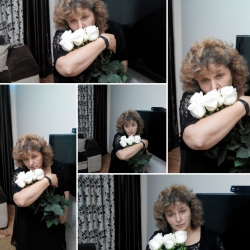

СДЕЛАЙТЕ СВОИ УРОКИ ЕЩЁ ЭФФЕКТИВНЕЕ, А ЖИЗНЬ СВОБОДНЕЕ
Благодаря готовым учебным материалам для работы в классе и дистанционно
Скидки до 50 % на комплекты
только до
Готовые ключевые этапы урока всегда будут у вас под рукой
Организационный момент
Проверка знаний
Объяснение материала
Закрепление изученного
Итоги урока

There are only two ways to live your life. One is as though nothing is a miracle. The other is as though everything is a miracle.” Albert Einstein
Категория:
Английский язык
18.11.2019 21:57



















![Choose the second form of the verb ( друга форма дієслова ) to begin (begun; began; begined) to wash (washed; washes; washen) to give (gave; given; gived) to make (made; maked; makes) to see (seen; seed; saw) to speak (spoken; spoke; speaked) to watch (watches; watchen; watched) to write (wrote; written; writing) to take (take; taken; taked) to think (thought; thinked; thinks) Choose correct reading [t] (helped; opened; studied); [d] (loved; wanted; looked); [id] (wanted; played; dressed); [t] (introduced; prepared; lived); [d] (played; washed; watched); [id] (landed; skied; sledged); [t] (worked; cleaned; skated); [d] (snowed; pressed; watched); [id] (skated; rained; helped);](https://fsd.multiurok.ru/html/2019/11/18/s_5dd2e8ed376e5/img15.jpg)





















